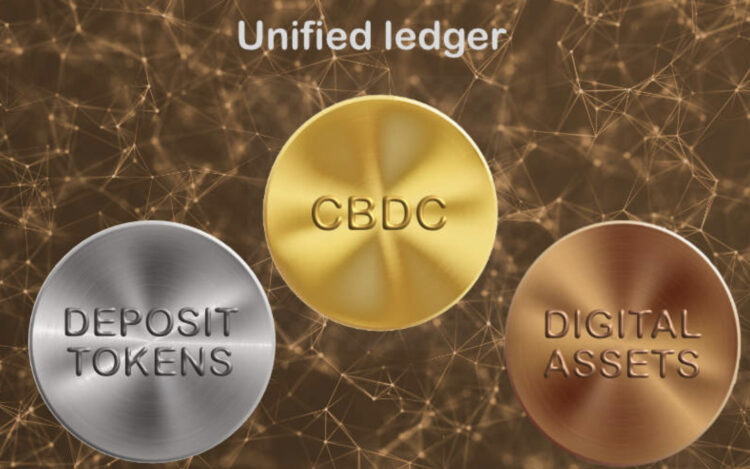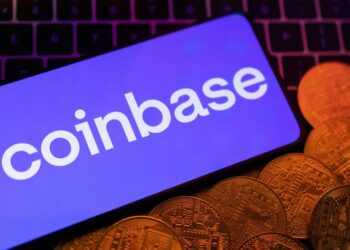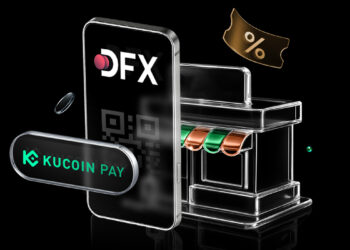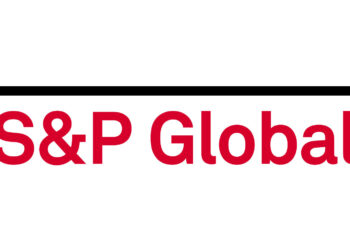The Bank for International Settlements (BIS), the global monetary authority based in Switzerland, has proposed the development of a universal ledger to accommodate Central Bank Digital Currencies (CBDCs) and tokenized assets.
Despite its skepticism towards cryptocurrencies, the BIS believes that regulated tokenization platforms overseen by central banks will play a crucial role in future monetary systems.
In a research paper released on June 20, 2023, the BIS describes the creation of a “unified ledger” as a system that incorporates CBDCs, tokenized deposits, and other tokenized claims on financial and physical assets. This “single ledger” aims to facilitate automated and seamless integration of financial activities.
The paper explored various applications of this unified ledger, with a particular focus on modernizing existing processes and facilitating novel transactions and agreements, especially in banking and supply chain management. It also discussed the potential use of smart contracts to address coordination issues in joint ventures, highlighting how blockchain technology can mitigate free-riding behavior and enhance the stability of bank funding.
The study hailed tokenization, which is the digital representation of claims on a programmable platform, as the key advancement in the monetary system following dematerialization and digitization.
The report emphasized that the success of tokenization relies on the trust instilled by central banks as the foundational authority. It highlights the collapse of cryptocurrency and the slow progress of other tokenization projects as reinforcing this lesson.
In a tokenized system, money or assets are transformed into “executable objects” stored on programmable platforms, and they can be transferred using programmed instructions without the involvement of an account manager. According to the BIS study, this feature redefines intermediaries, like account administrators, from mere record-keepers to guardians of a rule book.
The paper stresses that tokens go beyond being digital entries, as they can integrate records of underlying assets based on predefined rules. This flexibility allows tokens to be customized to meet specific user or regulatory requirements for different assets, presenting significant possibilities for improved monitoring and compliance.
While acknowledging the potential of tokenization, the BIS paper also expresses significant criticism towards the cryptocurrency industry. It asserts that “crypto and decentralized finance (DeFi) have demonstrated the potential of tokenization, but cryptocurrency itself is an imperfect system that cannot assume the role of the future of money.”
If you want to read more news articles like this, visit DeFi Planet and follow us on Twitter, LinkedIn, Facebook, Instagram, and CoinMarketCap Community.
“Take control of your crypto portfolio with MARKETS PRO, DeFi Planet’s suite of analytics tools.”





















